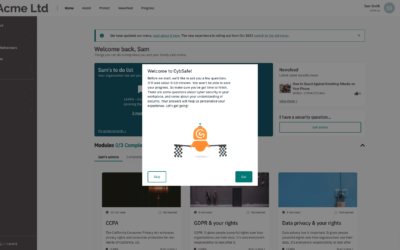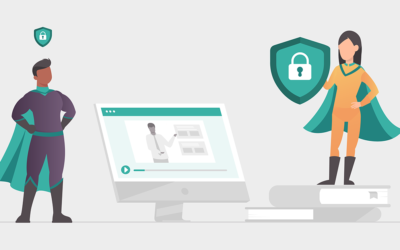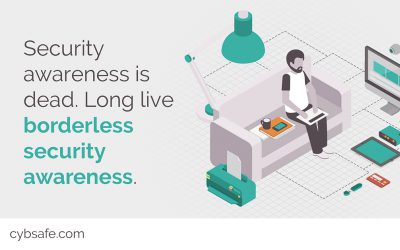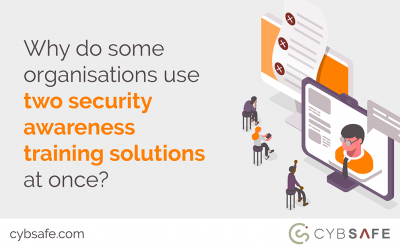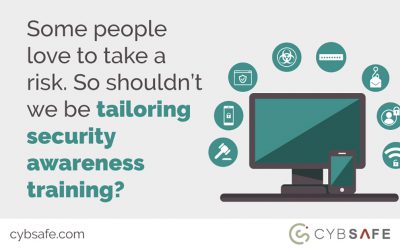It’s time to pull the plug on traditional security awareness training We know it’s hard to let go. But this is...
Security awareness
On demand webinar: Security awareness is dead (or dying)
Traditional security awareness training has been the industry standard for longer than it should have been. It’s time for a change.
Why the average person’s cyber security knowledge should worry you
You didn’t remember! You arrive at school and realise you have an exam you’ve forgotten about. You haven’t attended...
Supercharge security awareness training with this age-old technique
People have been using stories to pass on information for over 4,000 years. Integrating stories into security...
How to make your security awareness training more effective
In the UK alone, 39% of companies have fallen victim to a cyber breach or attack over the past year. Organizations...
What exactly is security awareness strategy?
Did you know that most cyber breaches occur due to human error? That’s because most people aren’t aware of the cyber...
Security awareness is dead. Long live borderless behavior analytics.
If we’re honest with ourselves, we’ve all known it for a long time. Posters. Compulsory e-learning. Seminars and desk-drops. They’re security awareness staples. And they’re now all, without question, ineffective. They’re designed to teach people about security. Just on our terms.
Why do some organizations use two lms security awareness training solutions at once?
Why do some organisations often use two or more security awareness training solutions at once? That’s a question that grabbed our attention when it popped up on social recently. The comment highlighted the following security oddity…
Some people love to take a risk. So shouldn’t we be tailoring security awareness training?
As you may already be aware, most people prefer to avoid taking risks. In fact, most people prefer to avoid taking risks so much that they fail to do so even when taking the risk makes complete and total sense.


